Warmer Weather May Impact Early Foaling Mare Pastures
December 19, 2021 Comments Off on Warmer Weather May Impact Early Foaling Mare Pastures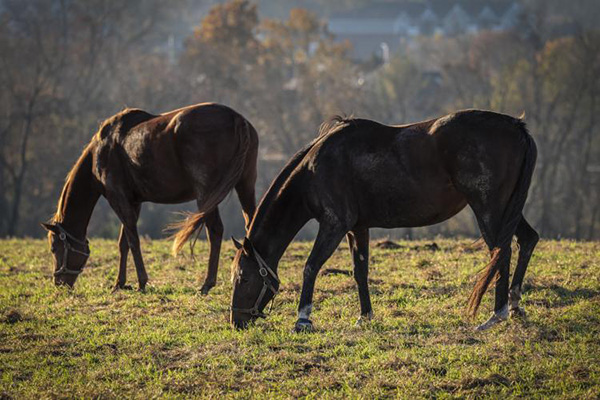
Horse farm managers with broodmares should carefully consider how recent weather conditions might affect tall fescue in pastures, potentially contributing to tall fescue toxicosis in early foaling mares.
Continue reading …Equine Industry Joins Forces to Assist Horse Owners Affected by Deadly Tornadoes
December 18, 2021 Comments Off on Equine Industry Joins Forces to Assist Horse Owners Affected by Deadly Tornadoes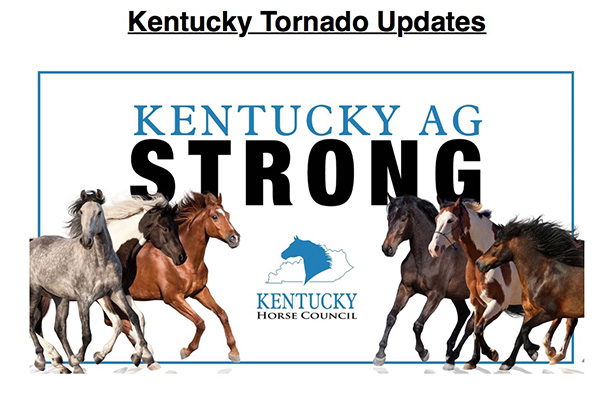
Though cleanup efforts will be ongoing, the most-needed equine items requested include buckets, winter blankets, halters, lead ropes, wheelbarrows, plastic totes, grooming supplies, water hoses, hay bags, wheelbarrows, muck tubs, pitchforks, shovels and first-aid supplies.
Continue reading …EHV-1 Research Study and Infection Control Tips
December 17, 2021 Comments Off on EHV-1 Research Study and Infection Control Tips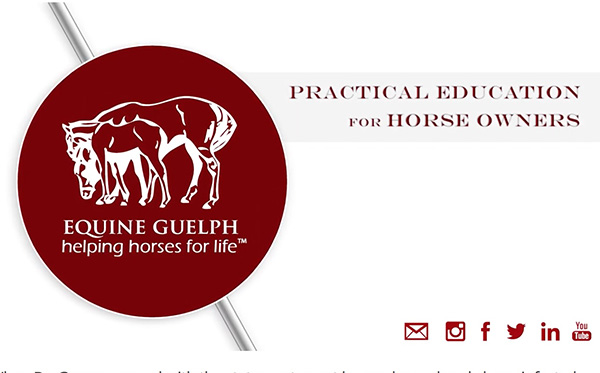
When Dr. Gomez opened with the statement: most horses have already been infected with equine herpes virus, your eyes may have widened but this fact need not cause alarm, as for most equines this does not cause any serious problems.
Continue reading …Research Reveals Owning a Pet Dog Could Prevent Suicide in Autistic Adults
December 17, 2021 Comments Off on Research Reveals Owning a Pet Dog Could Prevent Suicide in Autistic Adults
Depression and anxiety are the leading mental health issues experienced by autistic people and suicide is a leading cause of premature death among these individuals. This is linked to numerous factors including a lack of support. The study, published in Scientific Reports, suggests that having a dog could greatly improve the well-being of many autistic adults and assist suicide prevention strategies in this high-risk group.
Continue reading …Such a Trooper- Overcoming a Lifetime of Obstacles
December 17, 2021 Comments Off on Such a Trooper- Overcoming a Lifetime of Obstacles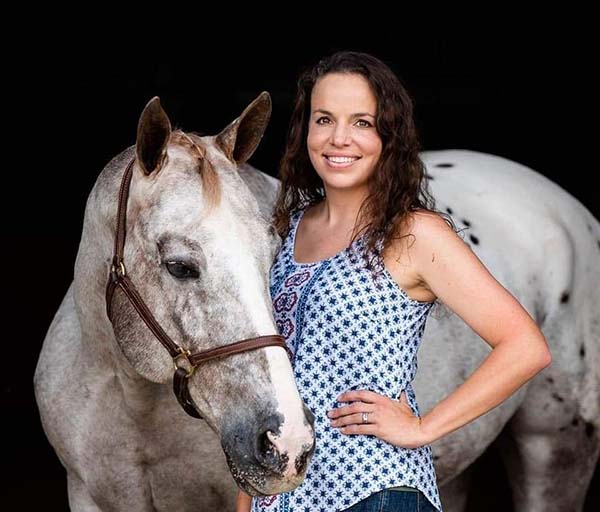
“After the initial shock and sadness wore off, I was determined to get us back in the show ring. I just told myself that I was his eyes and we started our re-training from there.”
Continue reading …The Sams Family and DISNEY Give Gift of Round Pens to UF Equine Students
December 15, 2021 Comments Off on The Sams Family and DISNEY Give Gift of Round Pens to UF Equine Students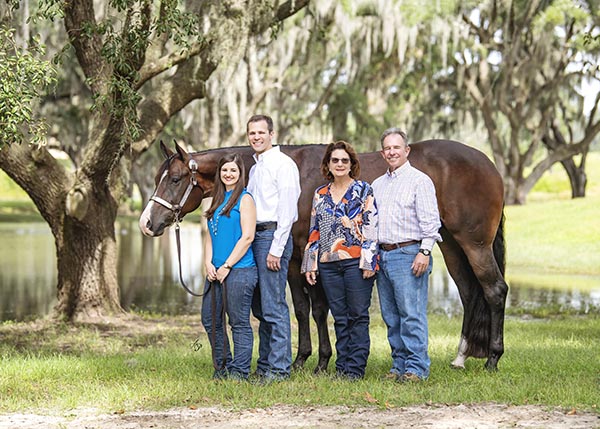
Over the past year, Kim and Danny Sams and The Walt Disney Company Foundation Matching Gift program have created a new opportunity for animal sciences students specializing in equine science to learn and grow in a hands-on learning environment at the UF/IFAS Department of Animal Sciences Horse Teaching Unit (HTU) in Gainesville, FL.
Continue reading …Common Causes of Equine Neurological Conditions
December 14, 2021 Comments Off on Common Causes of Equine Neurological Conditions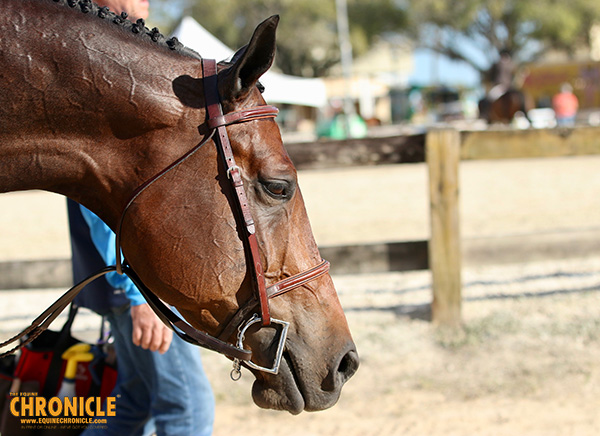
Neurologic issues can affect horses at any age, and clinical signs can result from infectious and non-infectious causes.
Continue reading …AAEP Publishes Contagious Equine Metritis Guidelines
December 13, 2021 Comments Off on AAEP Publishes Contagious Equine Metritis Guidelines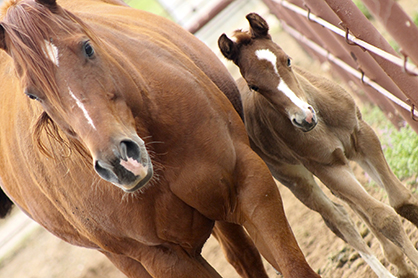
Six outbreaks of CEM have occurred in the U.S. in the past 15 years, including a significant outbreak in 2008-2010 in which over 1,000 exposed horses in 48 states were required to be tested, resulting in 23 contaminated stallions and five infected mares ultimately identified and treated.
Continue reading …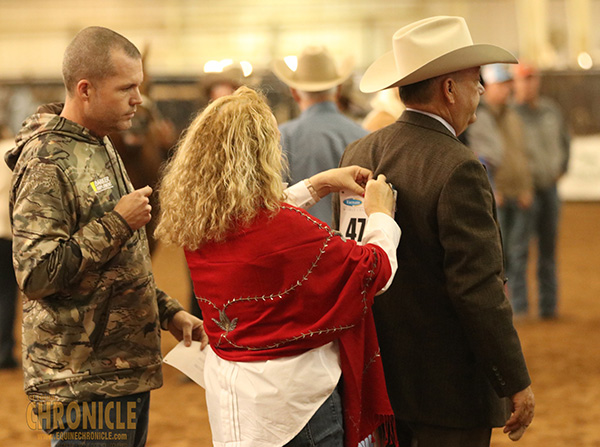
Everyone has a different method for pinning on back numbers. Some use traditional safety pins for security, while others prefer magnets for the “no hole” approach. Some like to secure the number on the top and bottom, while others attach on the sides. The placement of the number on an exhibitor’s back is another topic entirely. But one thing is for certain, there are a lot of differing opinions when it comes to this horse show staple.
Continue reading …Equine Surgeons and Ophthalmologists Help Return Champion to Winner’s Circle
December 8, 2021 Comments Off on Equine Surgeons and Ophthalmologists Help Return Champion to Winner’s Circle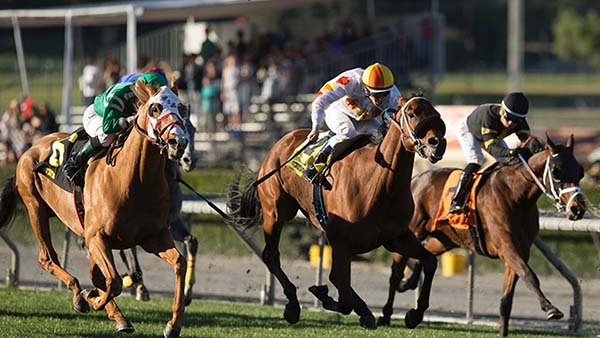
“In many instances like this injury, the eye is removed, and the socket sewn closed,” said Dr. Bridget Nottle, an equine surgery resident, commenting on the severity of the injury. “Camino Del Paraiso is fortunate to have an owner who would go to such lengths to save the eye.”
Continue reading …







